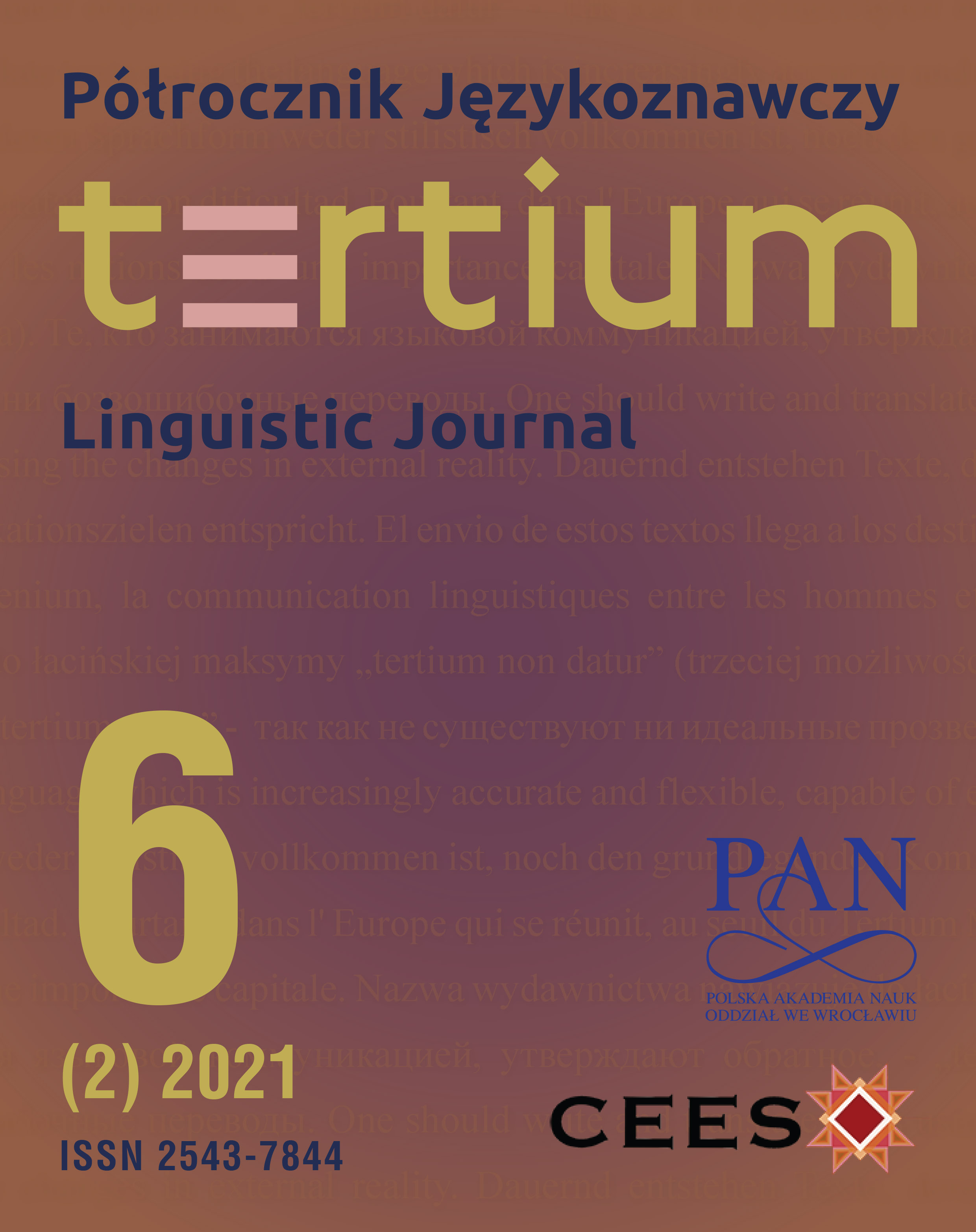Senior Citizens as an Underresearched Age Group of Audiovisual Translation Users
Senior Citizens as an Underresearched Age Group of Audiovisual Translation Users
Author(s): Sonia SzkribaSubject(s): Anthropology, Social Sciences, Language and Literature Studies, Fine Arts / Performing Arts, Media studies, Theoretical Linguistics, Applied Linguistics, Communication studies, Sociology, Pragmatics, Sociolinguistics, Culture and social structure , Film / Cinema / Cinematography, Translation Studies, Identity of Collectives
Published by: Krakowskie Towarzystwo Popularyzowania Wiedzy o Komunikacji Językowej Tertium
Keywords: senior citizens; audiovisual translation; media accessibility;
Summary/Abstract: In recent years, approaches to audiovisual translation and media accessibility services have shifted from serving one group of viewers only towards a more universal design that takes into account a wider range of users. In line with that approach, some scholars point out, for example, that subtitling for the deaf and hard of hearing (SDH) or accessibility applications created with the blind and partially-sighted in mind could prove beneficial to senior citizens. This group of viewers is likely to experience age-related sensori-motor and cognitive decline, which may significantly influence their film-watching experience as well as their preference for an AVT method. As populations in many countries are aging, senior citizens might be considered an important part of potential cinema clientele. Unfortunately, since studies in AVT have concentrated on younger audiences, little is known about senior citizens’ specific preferences concerning audiovisual translation. The objective of this article is to briefly characterise senior citizens as recipients of audiovisual translation and discuss the possibilities for future studies on the subject.
Journal: Półrocznik Językoznawczy Tertium
- Issue Year: 6/2021
- Issue No: 2
- Page Range: 170-193
- Page Count: 24
- Language: English

